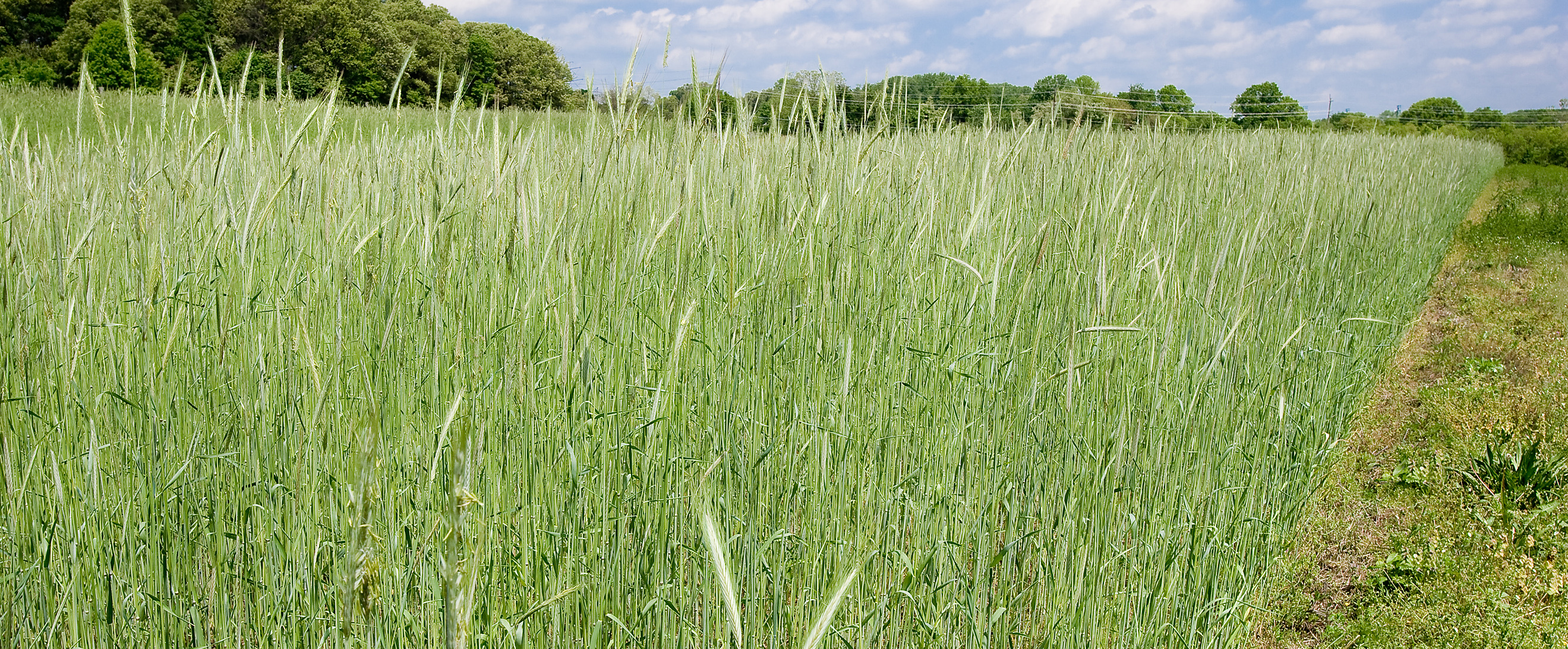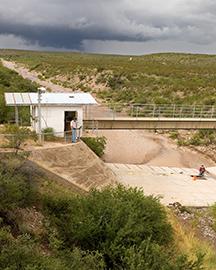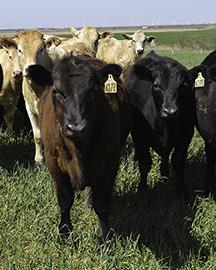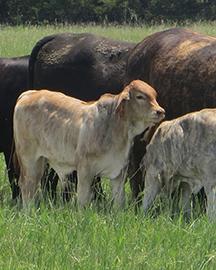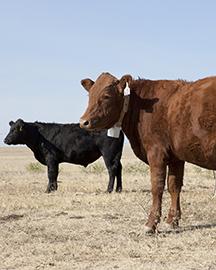Adoption of No-Till and Cover Crops Shifts The Carbon Balance
Researchers have found that converting a conventionally tilled field to a management system of planting cover crops and not tilling the soil improves the soil’s carbon balance with only minimal impact on the water balance. Conventionally tilled corn-soybean fields have a negative carbon balance, but reducing tillage and adding a cover crop shifts the carbon balance to a positive net ecosystem productivity.
Researchers at the ARS National Laboratory for Agriculture and the Environment in Ames, IA, found that reduced soil disturbance is primarily responsible for the change. After 2 years of using cover crops and no tilling, microbial biomass doubled in the upper 15 cm of the soil. Understanding the coupling of carbon and water in agricultural systems helps quantify the effects from changes in agricultural management, which provides producers with information on soil management practices that will enhance their soil and increase productivity.



